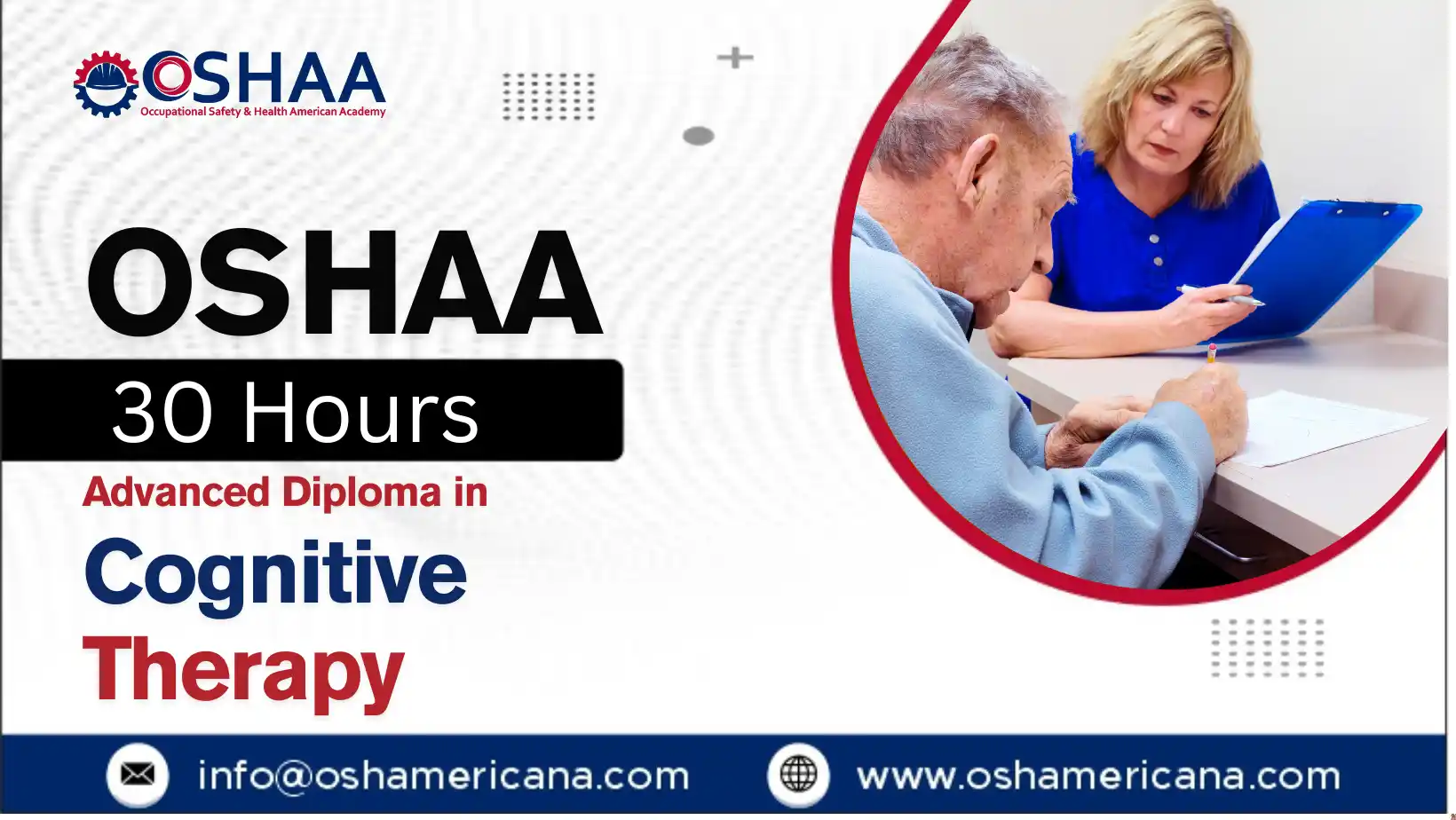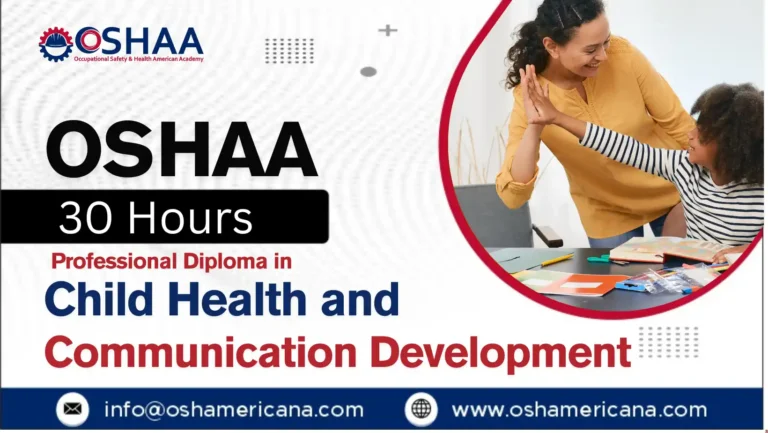Boost Your Expertise with Advanced Diploma in Cognitive Therapy
The OSHAA 30-Hours Advanced Diploma in Cognitive Therapy is an intensive, professionally developed programme designed for those seeking to deepen their understanding and practical application of evidence-based cognitive therapeutic techniques. Rooted in the principles of cognitive-behavioural approaches, this diploma equips participants with the advanced tools and insight required to address a broad range of psychological and behavioural challenges.
Cognitive therapy continues to play a pivotal role in modern psychological care, offering structured methods to identify and modify negative thinking patterns. This diploma course is crafted to meet UK professional standards, ensuring participants gain a balanced blend of theoretical foundation and practical skills essential for contemporary therapeutic environments.
This advanced-level course delves into the core mechanisms that drive cognitive distortions, maladaptive behaviours, and emotional dysregulation. Participants will explore the cognitive model in depth, assess cognitive restructuring strategies, and understand how to apply intervention frameworks across various clinical populations. The course promotes reflective practice, cultural sensitivity, and professional ethics, all vital for effective therapeutic engagement.
OSHAA 30-Hours Advanced Diploma in Cognitive Therapy
Study Units
Learning Outcomes
Foundations and Evolution of Cognitive Therapy (3 hours)
- Understand the historical development and theoretical basis of cognitive therapy
- Recognise key contributors and milestones in the evolution of the approach
- Identify the fundamental principles that distinguish cognitive therapy from other modalities
The Cognitive Model and Core Concepts (4 hours)
- Explain the core elements of the cognitive model, including thoughts, emotions, and behaviours
- Understand the relationship between automatic thoughts, intermediate beliefs, and core beliefs
- Apply foundational concepts to real-world clinical examples
Identifying and Challenging Cognitive Distortions (4 hours)
- Recognise common cognitive distortions and their impact on mental health
- Develop skills to help clients identify and articulate distorted thinking
- Practise evidence-based techniques for challenging and reframing unhelpful thoughts
Behavioural Experiments and Activity Scheduling (6 hours)
- Understand the purpose and structure of behavioural experiments in cognitive therapy
- Design and implement activity scheduling to combat avoidance and promote behavioural activation
- Evaluate outcomes to inform future therapeutic planning and intervention
Cognitive Therapy for Anxiety and Depression (4 hours)
- Learn tailored cognitive strategies for managing symptoms of anxiety and depression
- Develop case-specific interventions that address maladaptive thoughts and behaviours
- Understand the role of avoidance, safety behaviours, and rumination in maintaining disorders
Case Conceptualisation and Treatment Planning (4 hours)
- Construct clear and structured case formulations using cognitive frameworks
- Integrate client history, presenting issues, and cognitive patterns into treatment planning
- Adapt plans based on ongoing client progress and feedback
Advanced Cognitive Strategies and Thought Records (3 hours)
- Use advanced cognitive techniques to deepen client insight and engagement
- Employ structured thought records to analyse and challenge automatic thoughts
- Assist clients in recognising patterns and developing more adaptive thinking
Working with Core Beliefs and Schema (2 hours)
- Identify underlying core beliefs and their influence on emotional and behavioural responses
- Explore techniques for modifying maladaptive schema and long-standing belief systems
- Understand the role of early life experiences in the formation of core beliefs
Course Benefits – OSHAA 30-Hours Advanced Diploma in Cognitive Therapy
- Gain advanced knowledge of cognitive therapy principles grounded in current clinical practice
- Develop practical skills to identify and challenge cognitive distortions effectively
- Enhance competence in structuring and delivering behavioural interventions for common mental health conditions
- Strengthen the ability to formulate individualised treatment plans based on cognitive frameworks
- Learn to apply advanced tools such as thought records, behavioural experiments, and schema work
- Increase professional confidence in supporting individuals with anxiety, depression, and related disorders
- Improve cultural awareness and ethical decision-making in therapeutic contexts
- Build a foundation for career progression in counselling, psychotherapy, or clinical mental health services
- Receive a qualification aligned with UK professional standards, supporting continued professional development
- Expand opportunities for further study, clinical training, or specialised certification in cognitive and behavioural therapies
- Participants with a background in psychology, counselling, psychotherapy, or mental health support
- Professionals currently working in healthcare, education, or community services seeking to enhance their therapeutic skills
- Individuals aiming to deepen their understanding of cognitive therapy for personal or professional development
- Participants preparing for further study or specialisation in cognitive-behavioural approaches
- Mental health practitioners seeking structured training in advanced cognitive techniques and treatment planning
- Those pursuing continuing professional development to meet industry or regulatory standards in psychological care







